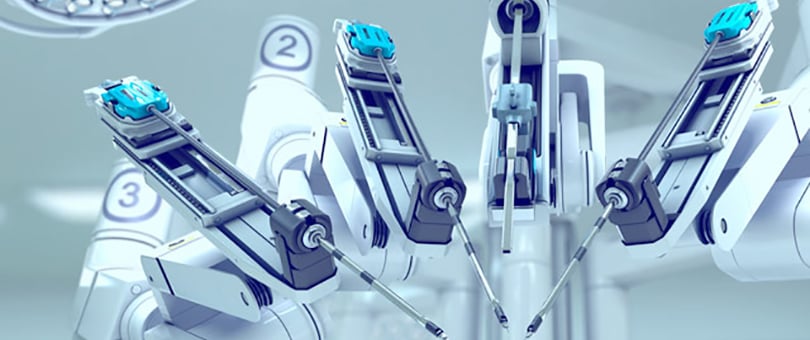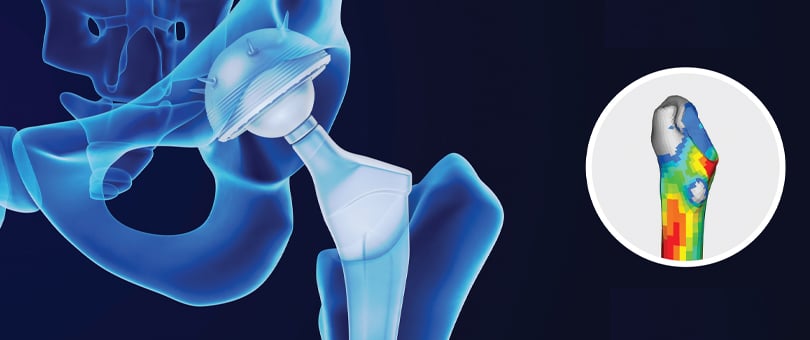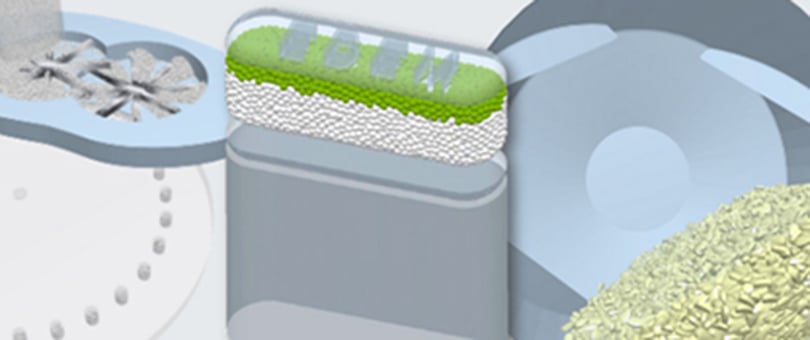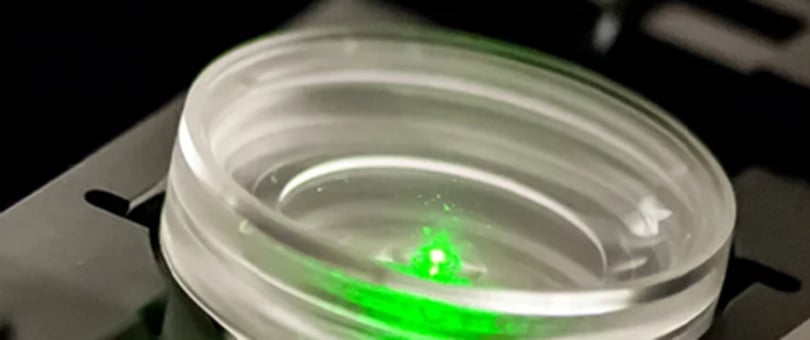Enhance Device Design and Reduce Clinical Trials Through Simulation
On-demand Webinar Series
Simulation of Medical Devices
This webinar series, will show a variety of applications and examples of how simulation in the medtech industry can contribute to the development of better and safer products, quicker. SIgn-up on the right to see all on-demand videos.
If you are interested to learn more on this topic, visit our page with a selection of customer examples.
Content
Enhance Medical Device Product Design

Multiphysics Simulation in a Single Platform
Medical devices of all kinds must be designed to withstand the structural and operational requirements associated with normal use, drop, and misuse - all while balancing weight and cost considerations.
This webinar presents Altair’s workflow to enable simulation of structural, thermal, and fluid properties coupled with electromagnetics, and mechatronics in an integrated Multiphysics environment.
Optimize Medical Stents with Machine Learning

Speed Up Clinical Trials via Simulation
Medical stents are a lifeline for patients with cardiovascular illness and disease. Device manufacturers are required to dedicate large amounts of time and expense to clinical tests to validate safety and performance claims. Simulation can speed up these trials by satisfying the testing of variables virtually.
This webinar presents Altair’s process for fast and intelligent stent optimization by coupling simulation, Design of Experiments (DOE) and machine learning algorithm to generate an analytical model.
Improve Performance of Mechatronics Systems

Accelerate Time-to-Market via Model Based Development
Complex devices such as surgical robots, autoinjector etc go through several validation and verification phases that can increase product development time. The interconnected devices also pose a challenge for model exchange and collaboration.
This webinar presents Altair’s model-based development (MBD) platform to drive fast development for smart connected systems. Explore more by combining mechanical models with electrical models leveraging multi-disciplinary simulation.
Design Implants leveraging Additive Manufacturing

Improve Mobility with Simulation & 3D Printing
Advancements in 3D printing and optimizing parts for additive manufacturing is changing medical industry’s production approaches. Applications include dental implants, bone replacements, prosthetics, surgical instruments and many more.
This webinar presents Altair’s solution for designing parts for additive manufacturing for medical applications, reduce design and manufacturing cost, generate efficient designs and predict-fix manufacturing defect early.
Modeling Pharmaceutical Particle SimulationManufacturing Processes Using

Increase process efficiency and product quality with simulation
EDEM simulation software accurately simulates and analyzes the behavior of granular materials such as powders, tablets and capsules. It is a powerful tool used to model common pharmaceutical manufacturing processes such as mixing, blending, granulation and tablet coating.
Watch this webinar and find out how EDEM simulation technology can provide key insights leading to optimized processes, better product quality, less physical prototyping and therefore cost savings.
Optical Modeling and Virtual Prototyping for Biomedical Systems and Applications

Reduce Design & Development Costs With Optical Design and Analysis Software
Optical based biomedical systems can span a wide range of applications from wearables, pulse oximeters, absorption spectroscopy, fluorescence microscopy, and many, many others. These systems use light sources of varying types and wavelength ranges, including UV, visible, and infrared.
Optical design and analysis programs such as TracePro, available through the Altair Partner Alliance, allow engineers and designers to design, analyze, and optimize these types of systems in a virtual environment. This allows for easy and efficient modification of the system parameters and helps to speed the design process and reduce development costs.
This webinar is jointly presented with our APA partner Lambda.

